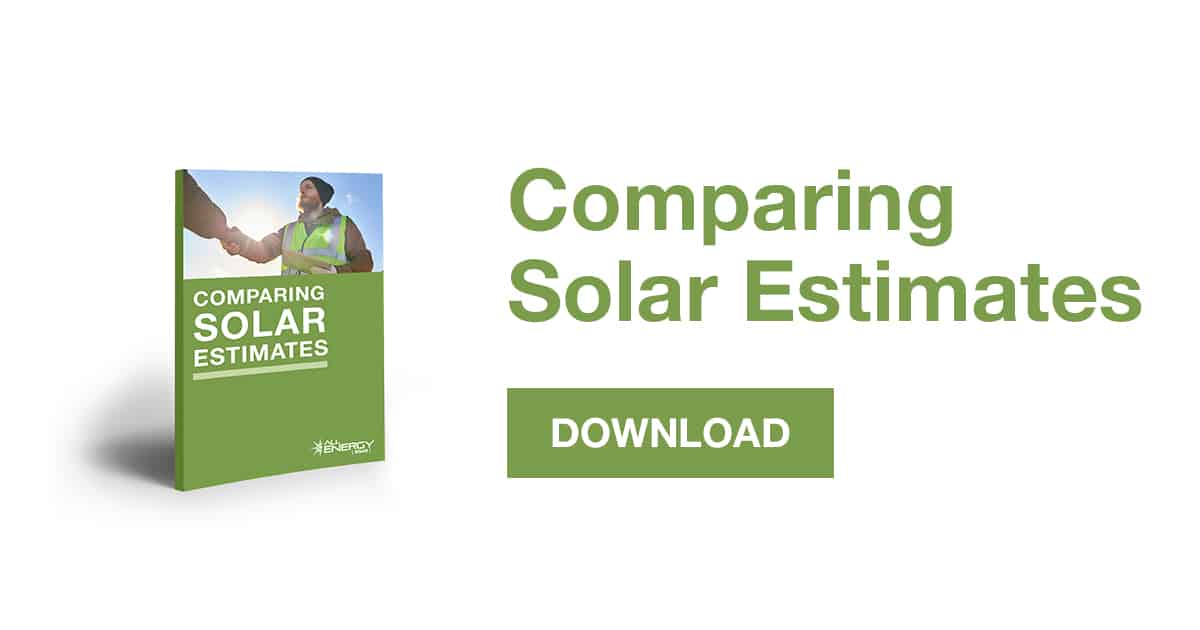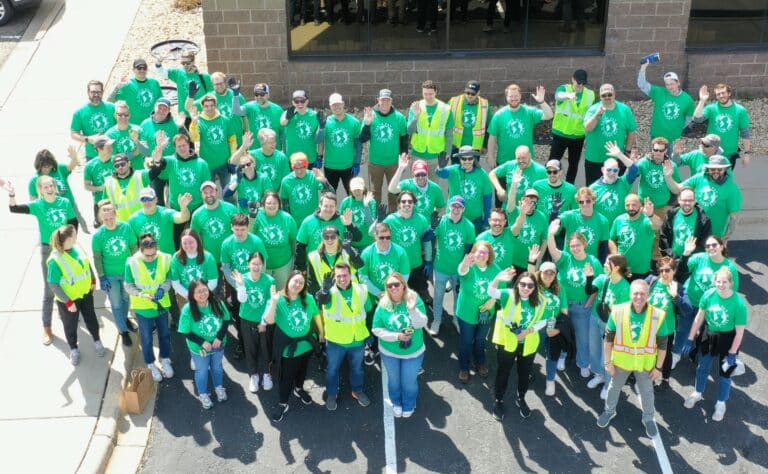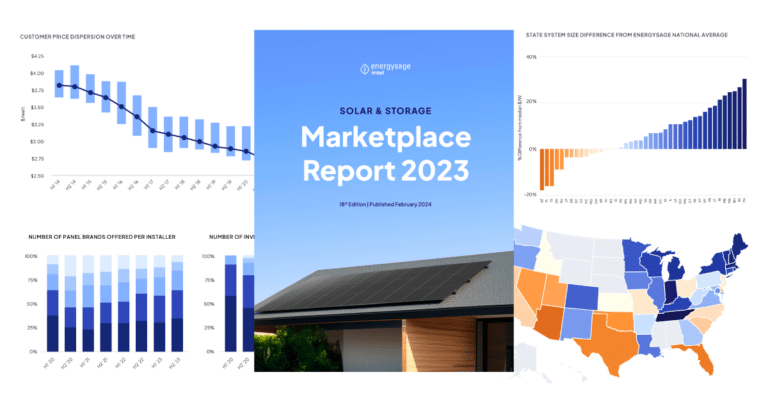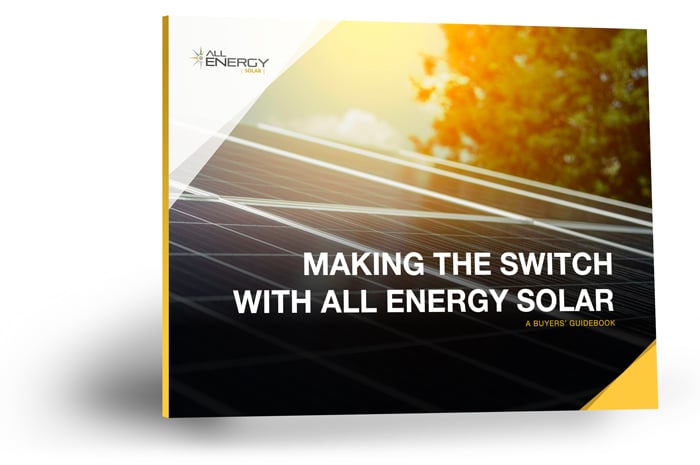Your solar estimates should include two different types of warranties. One type of warranty covers the physical components, while the second warranty should cover labor and installation. How many warranties you’ll have total at the end of the project may vary – depending on your system, each individual component you purchase could have two warranties.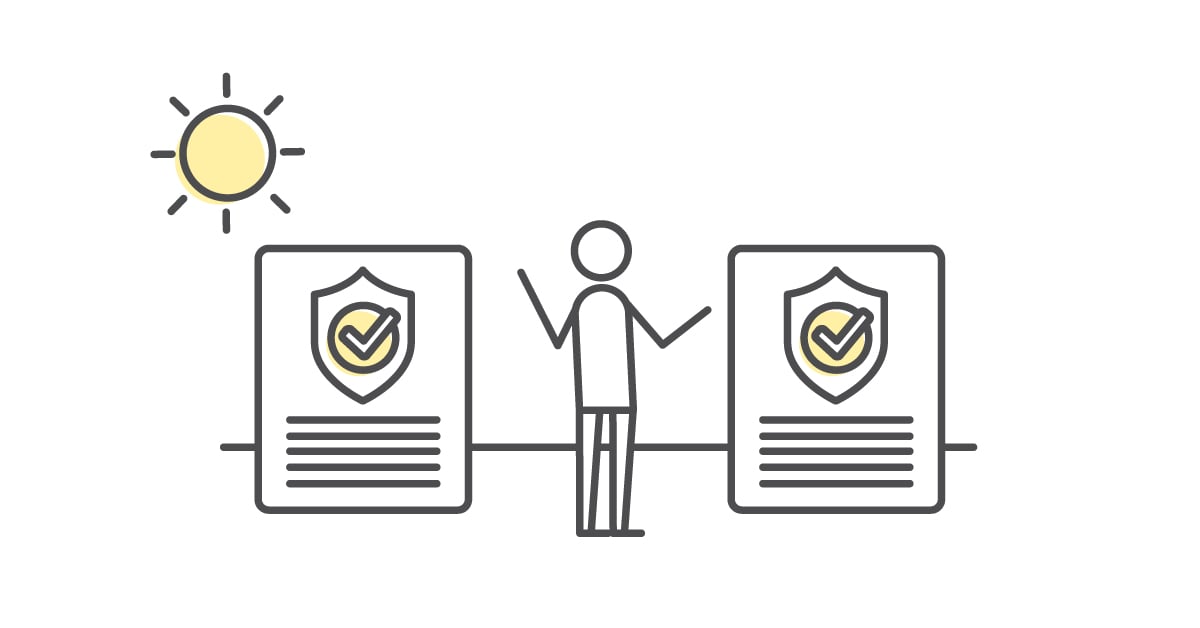
Understanding the component warranty
The most crucial components of a solar PV system are the panels and the inverter (grid-tied system) or battery (off-grid system). Each of these should come with their own warranties. Panels usually come with two warranties: a performance warranty and an equipment warranty. The performance warranty typically provides an estimated percentage of performance on the panels after 10 years of use and again at 25 years. An equipment warranty will usually guarantee between 10 and 25 years on the components without failure.
Batteries will usually come with a warranty that guarantees a certain number of cycles and years of life. The general range for a solar battery’s warranty is between 5 and 15 years. Battery performance inherently degrades over time, so most manufacturers will also guarantee that the battery maintains a certain percentage of its capacity throughout the warranty.
As more companies dive into the production of solar components, you may want to look at the manufacturer’s history and experience as well as the technology they’re using. A solar component manufactured by a tech startup with cutting-edge technology may be less reliable. In contrast, one manufactured by a company with an established history may provide more peace of mind.
Understanding the labor and installation warranty
Great components are only as good as their installation. That’s why it’s important that you also have a solid labor and installation warranty. An experienced and credible installer will typically offer a warranty that includes between 5 to 10 years on all aspects of the labor and installation. Labor and installation warranties can vary from company to company; Even if the lengths of the warranties are identical, what they cover may not be. Some installers cover parts and labor costs for any repairs required during the warranty period, while others do not.
Just as important is a labor and installation warranty, though, is the installers’ credentials and ability to carry out the work for you. You’ll want to make sure you’re working with a North American Board of Certified Energy Practitioners (NABCEP) certified installer. Ensure the company you choose to do the work is a licensed general contractor and that your electrical contractor has significant experience completing PV installs that speaks to their history of engineering, designing, installing, monitoring and maintaining solar systems.
It’s important to thoroughly read and understand the warranty and other documents before signing a contract with a solar company.
For more information on how to find the absolute best installer to accomplish your solar installation, download our eBook, Comparing Solar Estimates.
Download our eBook, Comparing Solar Estimates, to discover more about how to properly vet solar installers and choose the right partner for your energy needs. 